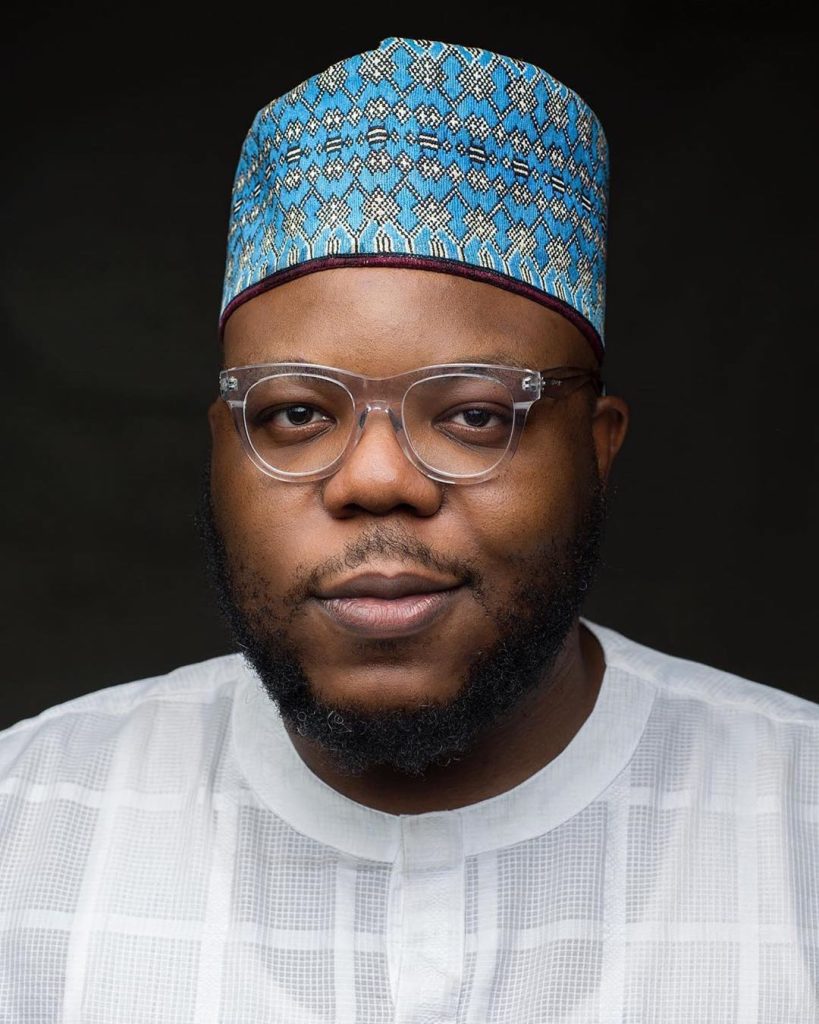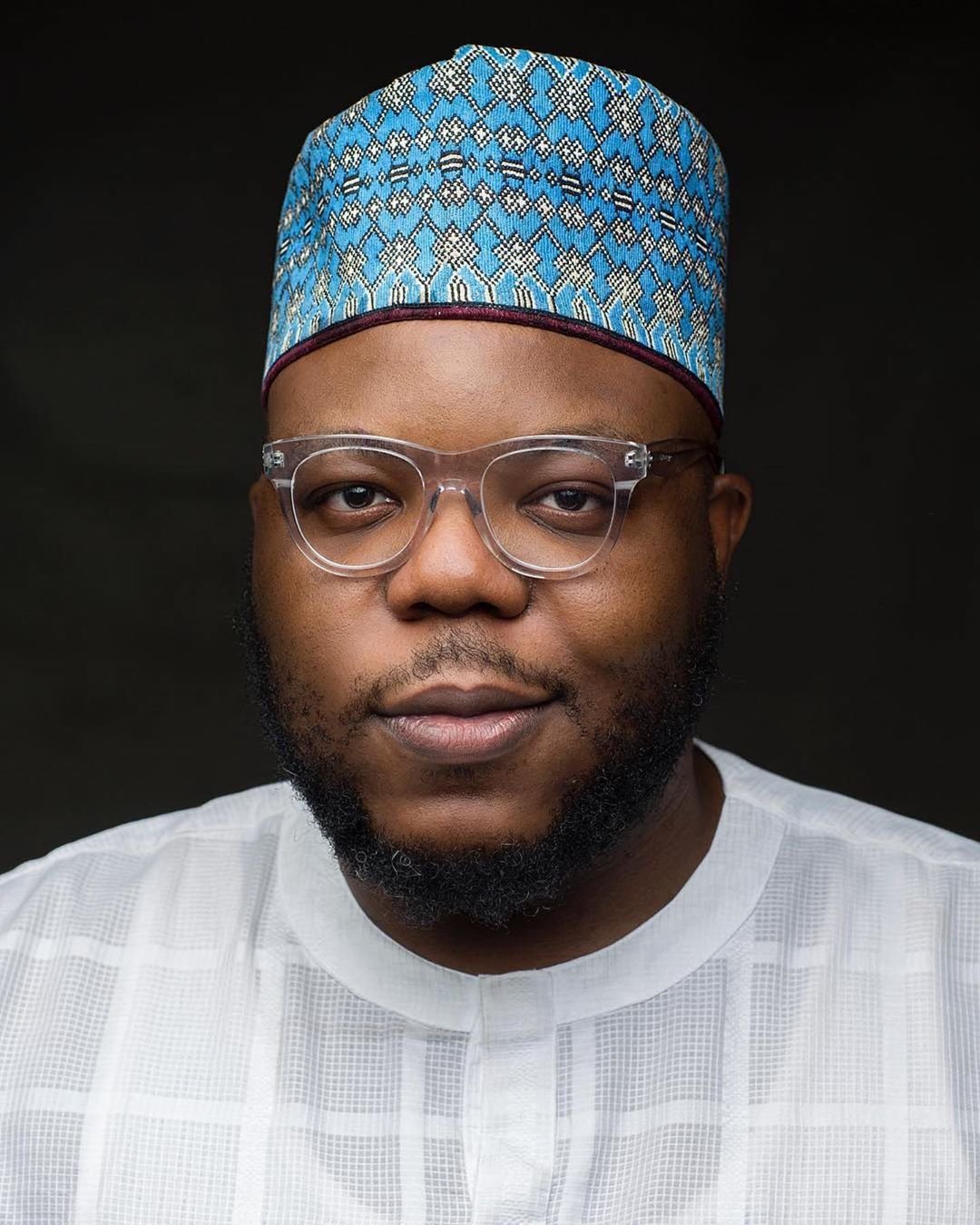

Abiodun “Bizzle” Osikoya is a dynamic force in the Nigerian music industry. Co-founder of The Plug, a leading entertainment company, Bizzle has played a pivotal role in shaping the careers of some of Nigeria’s most successful artists. His contributions go far beyond artist management, extending to the strategic growth of Nigerian music on both local and global stages. However, his journey is filled with mixed emotions, torn between pride in the industry’s global rise and frustration with its unfulfilled potential back home.
When I began my conversation with Bizzle, I wanted to get a sense of how he was feeling at the moment. As we walked through the memories of his career, from his early days to now, it became clear that while there was excitement about the strides Nigerian music has made, there was also a lingering frustration.
“Back home, there are no tours. None of the people are making as much money as they should on a global scale. For example, the songwriters, we don’t have proper venues, the royalty system is terrible, and we don’t have radio stations paying proper royalties to artists that deserve it,” he said, highlighting the issues plaguing the industry locally.
Though our artists are enjoying global success, Bizzle emphasized that the structure in Nigeria is still lacking due to a lack of education and the failure of artists to invest back home.
Bizzle’s career trajectory changed when Obi Asika, a highly respected figure in the Nigerian entertainment scene, made him an offer he couldn’t refuse.
“Big shout to Obi Asika. He is the uncle of my business partner Asa Asika. He was the one that convinced me to move back to Nigeria, he offered me a job to come work at his record label, ‘Storm Records.’”
That move allowed Bizzle to shape the industry on home soil. He spoke about his motivation to return to Nigeria, driven by the desire to see Afrobeat become as dominant globally as other genres.
“Living abroad, I used to always hear dancehall music from the Jamaicans and I always said if dancehall could be played in clubs, Afrobeat music can also be played. How do we work towards this? Who are the people we can work with to make sure Afrobeat music is being played globally?”
After leaving Storm Records, Bizzle joined Mavin Records as their first , marking another critical milestone in his career. He shared his thoughts on how A&Ring has changed over the years, pointing out the shift in priorities within the industry.
“A&Ring back in the day and now are different. Nowadays, A&Rs globally are just looking for what’s trending. No one is looking to develop talents anymore. Back in the day, people enjoyed developing talents and watching them grow, but now it’s like ‘let’s look for an artist doing well quickly, let’s jump on him, get him signed, and cash out.’”
He explained that this shift is often driven by the business needs of record labels. “It’s not necessarily about the pockets; it’s more of where they work for. Most big labels globally are looking for big talents to blow quick so they can make money quickly, so it’s made a lot of A&Rs lazy.”
Bizzle’s love for the music industry runs deep, and his path was clear from a young age. “I always knew I wanted to do music. It was always my first choice,” he said. He expressed gratitude for his family’s support, noting how unusual it was for a Nigerian family to be so open to a career in music. “They were always supportive. My family is very different.”
From early on, Bizzle was recognized for his forward-thinking approach, using platforms like Myspace to promote artists long before social media became a staple of the music business. He has always been a visionary, combining passion with practicality.
“I’m a very religious person. I put God first in everything I do because without Him I am nothing, and that’s what has helped me,” he said when I asked about the principles that have guided him through his career. His faith, along with the influence of his father, has kept him grounded.
Bizzle considers himself a “talent helper,” and discovering and nurturing talent remains one of his core missions. He shared his advice for emerging talents, especially those with limited resources:
“It’s good for talents to put themselves out and build till they get discovered. People need to know how badly they want it. ‘You want to be a tailor and do not have the money to buy a machine? Go be an apprentice somewhere and learn, then you can raise enough money to buy your machine and sew your clothes. And it’s the same for music as well. Do you want to be an artist and can’t afford it? Why not try and make friends with a producer, work in a studio for an opportunity to get studio time and from there build.’ If you believe in your talent or craft, then you should find ways to do the things you want to do.”
He stressed the importance of determination and finding creative ways to pursue your craft.
Bizzle firmly believes that cultural influence is vital to an artist’s success. “It is very important because it helps connect with the people around you,” he said, noting how culture plays a significant role in shaping the sound and message of music.
In terms of artistic growth, Bizzle emphasizes the importance of constantly improving your craft. “As an artist, the better you are at your craft, the more beneficial it is to you in creating solid music. Even as an actor, you’d need to go to film school, take acting classes, so no matter what you are doing, talent development is a huge part of it.”
Bizzle is not one to boast about his achievements, even though he’s earned the title of one of Nigeria’s most influential music executives.
“I don’t know how that came about. I think people have just seen me be good at what I’m doing and had a liking to it,” he said, laughing.
When I asked about the most rewarding aspect of his career, he was hesitant to name a specific moment but did mention the satisfaction of seeing the artists he works with succeed. “Being able to make things happen and see artists become successful” fuels him.
The Plug, co-owned with Asa Asika and other partners, is another testament to his impact on the industry. The name itself reflects their position in the business — through truly having “the plug” to people and opportunities within the industry. It was suggested by the founder of the company.
Afrobeat to the world! Bizzle’s vision for the future of Afrobeat is straightforward but ambitious. “If we all come together and collaborate, we’d be a big force that can’t be shaken.”
As our conversation drew to a close, he left a message for emerging artists and aspiring music executives: “Educate yourself, don’t limit yourself. Network because your network is your net worth. The more people you know, the more people you are able to work with.”
Bizzle Osikoya’s influence on the Nigerian music industry is undeniable. With a vision centered on impact and a drive to shape the next generation, he is truly helping steer Afrobeat to even greater global heights.
Interview conducted and written by Andrea Andy.